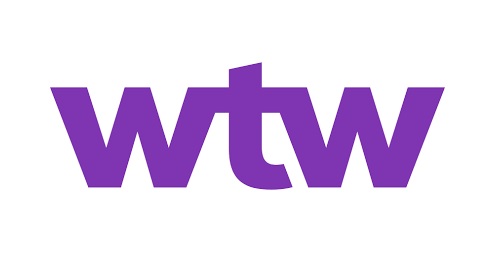Willis report highlights rising political polarisation as a growing concern for business
- September 28, 2025
- Posted by: Taylor Mixides
- Category: Insurance

Political polarisation is increasing across the globe and bringing with it a wave of uncertainty that threatens both governments and businesses, according to the latest Political Risk Index published by Willis, an advisory, broking, and risk solutions firm.
Drawing from an extensive review of political conditions in over 200 countries, the report emphasises that this growing divide in societies is not just a political concern—it is fast becoming a material risk for the private sector.
Willis’ latest findings point to a historic high in affective polarisation, which reflects the extent to which people view supporters of opposing political parties not just as different, but as threatening or morally wrong.
This form of polarisation, the report explains, is intensifying rapidly in democracies such as the United States, Germany, India, Brazil, and Bulgaria.
Although nations experiencing ongoing violent political conflicts remain the most polarised overall, Willis finds that the sharpest increases in affective polarisation are occurring in democratic societies.
The Political Risk Index also examines two other key forms of polarisation: ideological polarisation, or the extent to which citizens disagree on core policy issues, and elite polarisation, which measures whether political leaders view each other as legitimate opponents.
According to Willis, the United States is currently unique in exhibiting sustained and significant increases across all three dimensions over the past 15 years. This, the report suggests, has major implications not just for governance but also for economic stability and corporate strategy.
In analysing more than a century of political and economic data, Willis observes that spikes in polarisation often follow economic downturns or corruption scandals that erode public confidence in traditional political leadership.
In such scenarios, the vacuum of trust is frequently filled by populist movements, which, in turn, can fuel unrest and increase the likelihood of politically motivated violence. Willis connects these patterns with rising business risks, especially in sectors exposed to regulatory shifts, reputational concerns, or physical security threats.
The report identifies specific factors that contribute to extreme polarisation. Countries where political divisions align with ethnic or religious identities show the highest levels of affective polarisation.
Willis also finds that polarisation tends to escalate in countries with long-standing or highly polarising political figures. Foreign policy and geopolitical tensions are also cited as contributors to widening internal divisions, as governments and populations struggle to navigate complex international dynamics.
Significantly, Willis stresses that the phenomenon is not restricted to one region or type of economy. Polarisation and populism are advancing in both mature democracies and emerging markets.
The report outlines how these trends are increasingly shaping policy unpredictability, eroding investor confidence, and complicating the operating environment for global businesses.
Despite the risks, Willis points to examples from the past that offer hope. Historical data show that meaningful reductions in political polarisation have occurred in countries that embraced truth and reconciliation commissions, forged cross-party coalitions, or conducted transparent investigations following political or economic crises.
These approaches, according to Willis, offer practical lessons for policymakers and business leaders looking to reduce tensions and promote stability.
Sam Wilkin, Director of Political Risk Analytics at Willis, underlined the urgency of the issue: “There is a well-established correlation between polarisation and political violence. But polarisation is also being felt on a more personal basis, such as how we perceive our friends and colleagues. Businesses face growing challenges from operating in increasingly polarised societies.”
Willis makes clear that the implications for the corporate world are far-reaching. Beyond the direct risks of unrest or regime instability, polarisation increases reputational exposure, complicates stakeholder engagement, and can disrupt supply chains and investment planning.
As a result, companies are being urged to incorporate political risk assessments more deeply into strategic planning and crisis preparedness.
This website states: The content on this site is sourced from the internet. If there is any infringement, please contact us and we will handle it promptly.



